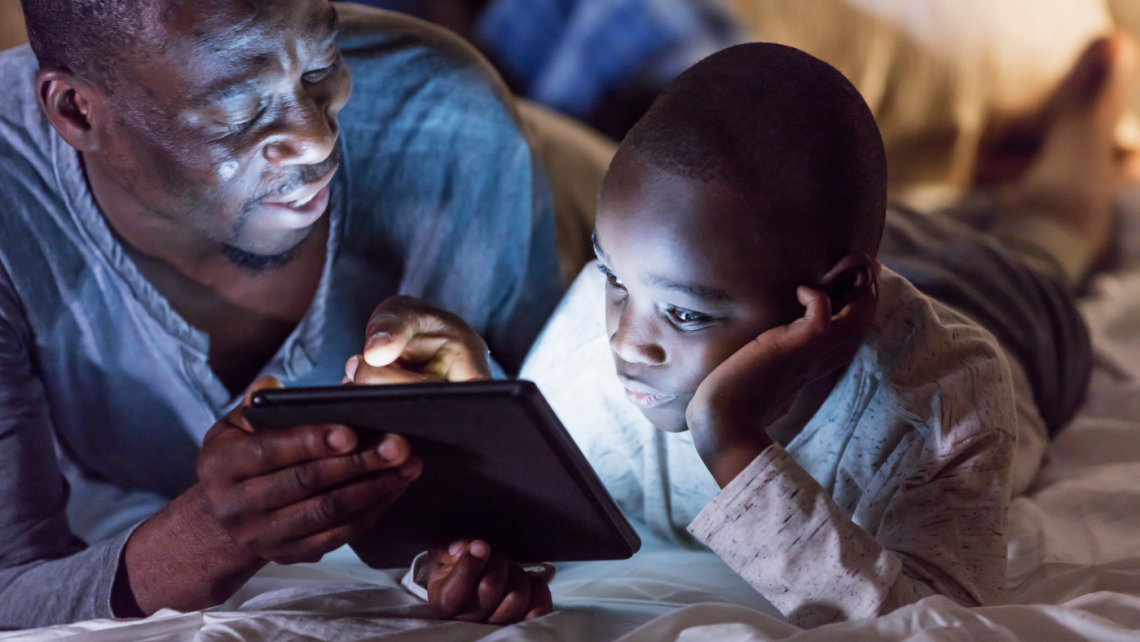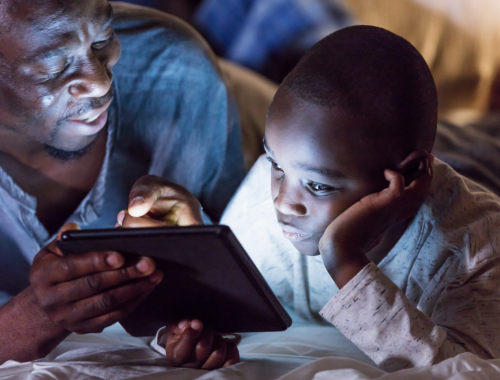
When to Tell Kids About Bad News Events – Part 1
It feels impossible to avoid bad headlines and news clips these days. As hard as it is to process all the negative things happening in the world as an adult, it’s even more challenging for children. That’s where parents come in.
“Children look to their parents to help them make sense of the world around them,” said Jonathan Comer, a psychology professor with Florida International University’s Center for Children and Families and director of the Network for Enhancing Wellness in Disaster-Affected Youth. “When bad things happen, kids take their cues from their parents and they look to us as models to help them gauge how they should process or cope with difficult information.”
Talking to children about the news is a meaningful way to educate them, normalize feelings, help them feel safe and inspire them to take positive action. Discussing complex national and world events often provides vital opportunities for parents to reaffirm family values with their children. But do kids need to know about every single flood, shooting, political uprising or other types of upsetting event? Below are bits of advice for determining when to talk to children about bad news stories and how to approach the conversation productively.
If It’s Big Enough or Affects Everyday Life, Definitely Talk About It

Many global, national or local news events are unavoidable topics, so parents should be the first source for their children to hear about these things and help them digest what is happening.
There are major news events like a global pandemic that are going to affect a child’s life either way ― or there are things like the Black Lives Matter movement and the death of George Floyd that might be talked about at a young age in school, on the playground or social media. When something is happening and not being talked about at home, it creates more uncertainty and anxiety for kids because they are attuned and know something is going on but we’re not talking about it.
Because parents know their children best, they’re the optimal sources for sharing this kind of information, setting the context and discussing the emotions involved in processing it.
Child-to-child news sharing is often filled with misunderstandings, rumors and large gaps in the factual, essential information. There is far more control when discussions are held at home.
Kids may also overhear adults talking about something or seeing a glimpse on TV, leading to incomplete information and incorrect assumptions. Parents need to get ahead of that to avoid psychological repercussions.
Discuss Events Related to the Values and Lessons You Want Your Child to Learn

Even if an event isn’t getting as much coverage or directly affecting your family’s day-to-day life, there are other reasons to discuss it with your children.
If a given event has a real impact on their safety or is symbolic of ongoing issues impacting a child’s safety, it’s essential to discuss the event. If a given event has moral repercussions and implications for how the child should treat others, it’s probably an important event to discuss.
For these situations, parents can talk to their children about what’s happening, why they think it’s essential to pay attention to it and how it relates to their family values. There are many books and resources online to help foster age-appropriate conversations about different types of news events with kids. Parents can supplement the discussions with educational activities or journaling time. Even if the topic feels niche, it may provide a powerful learning opportunity.
Children also need to know about the realities of their world ― a world that is less than perfect and has genuine threats. Typically, the best person to walk them through that is their parents.
Stay tuned for the second part for more information about when to tell kids about bad news events.
You May Also Like

6 Effective Methods of Dealing With Jealousy
2022-05-12
When to Tell Kids About Bad News Events – Part 2
2021-09-17

